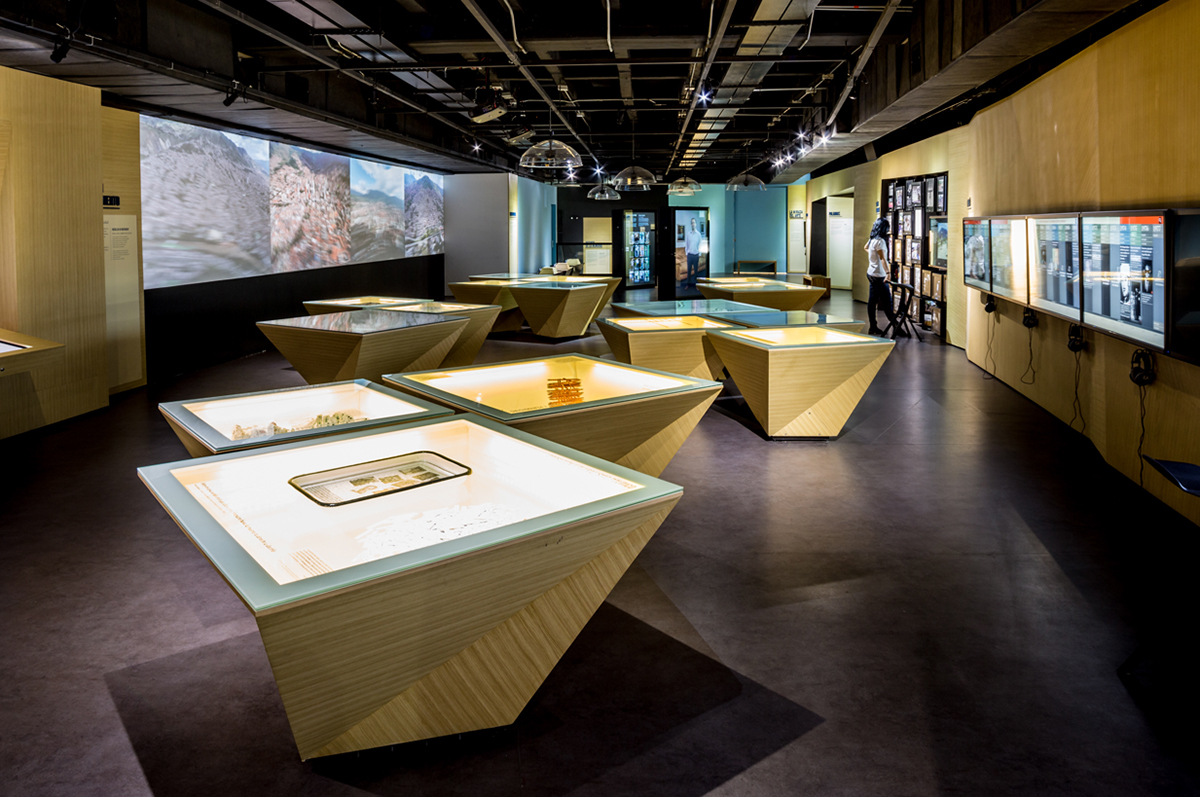
Aknowledging human rights violations Similar Projects
Museums have started to invite visitors’ contributions to enrich their collections, stay relevant, and engage with issues concerning communities, like social justice or how the past is remembered. For instance, the Portland Art Museum collects mini-oral stories and exhibits them. There are three or four rotations of those stories every year, allowing many visitors to have a stage to air their lived experiences and concerns, most of them rooted in social justice issues. In the field of Human Rights, the House of Memory Museum (Colombia), and the Museum of Memory and Human Rights (Chile) gather oral stories and letters of solidarity for victims of human rights violations, making those part of the regular and digital collections.
The Canadian Museum for Human Rights has a digital section to share stories answering a question curators post. However, its TR exhibit doesn't have anything similar. Our team believes it is critical to enable participative features in this exhibit, allowing visitors to engage more actively with the difficult task of looking back and speaking forward.